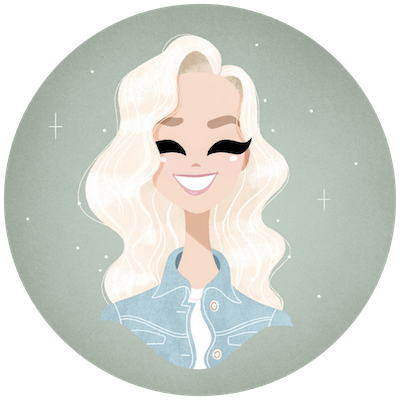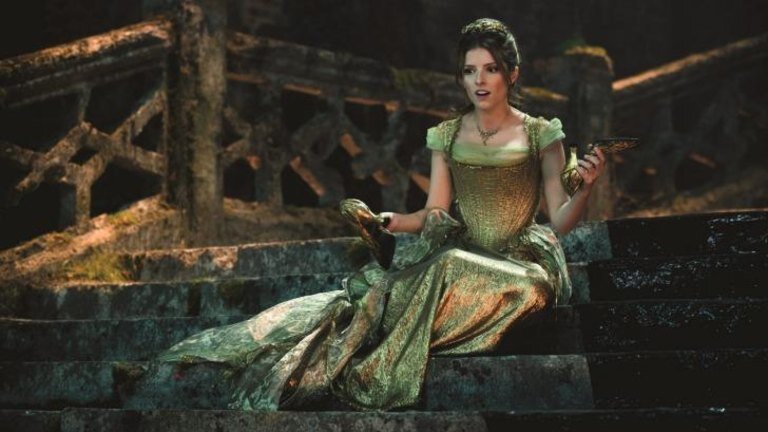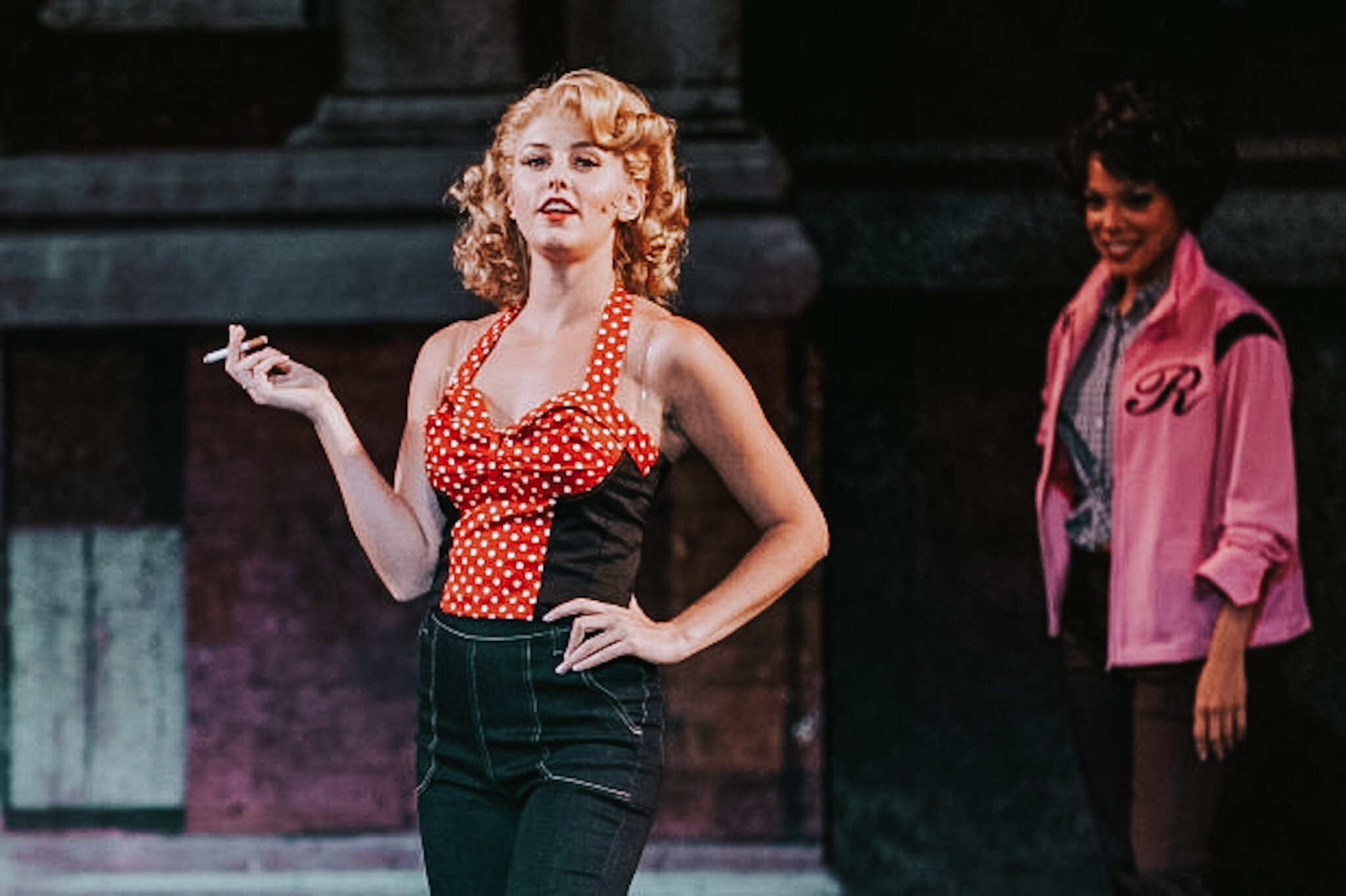Why is the Process of Finding Monologues for Auditions So Difficult?
Actors are frequently asked to perform a monologue in auditions, coaching sessions, and classes, so it’s important to know how to look and where to begin your search.
But why is the process of finding monologues for auditions so difficult?
For musical theatre actors like you and me, the monologue search can be extremely challenging.
It’s just not the same as looking for an audition song.
Maybe that’s because we’re used to singing at our auditions… and the true theatre nerds inside of us all have a secret database stored away in the back of our brains with thousands and thousands of Broadway songs.
But frankly, I’ve gone to more and more auditions that are now asking for a monologue - in addition to a short cut of a song.
You’d be surprised at the amount of direct messages and emails and texts asking for help to find a monologue for auditions.
I get it, I do. As an actor, I would love nothing more than for someone to hand me the perfect monologue.
And for some reason, it is always easier for me to suggest for other actors than it is to think of monologues I can do myself. An audition is based on how other people view us while the choice of monologue is set in how we view ourselves. A successful monologue choice is one where outside perspective matches inner perspective.
So whether you’re just starting out in the biz or a longtime pro, the search for the perfect monologue never ends.
Here’s the biggest issue I find we run into when searching for monologues.
We’re often told to read a lot of plays.
And there’s really no shortcut here - you have to read plays. The most unique pieces are discovered by you, not a coach or a book.
Many published monologue books are not good source material, because they are not attached to any story or character development. They are simply a quick fix to find the “perfect monologue.” They also tend to be super popular, and are therefore terribly overdone.
Not sure where to start your search?
Think of a stage actor who is similar in type to you. What plays have they performed in? Which characters have the portrayed? Which playwrights have they worked with? Seek those plays and playwrights.
We all know the rules:
Don't do overdone monologues or monologues from film/tv.
Make sure it's a published work.
Make sure it's active (I.E. not telling a story).
But in reality, as long as your perform it well, and it's engaging. No one cares. Which is something I'm trying to find for myself.
So I’ll be honest… the problem, for me right now at least, stems from finding distinct pieces that show off my voice as an artist, as well as my range.
When I walk into an audition with a monologue, I want to give them a two-minute idea of the stories I want to tell and the characters I want to play.
So here’s my last bit of advice today… don’t ask “What’s my type?” but “What are the stories I, as a theatre artist, want to tell?”
Beyond the monologue and the audition, you will be taking charge of your artistic journey. And when that happens, you will enter every audition room knowing “This is who I am, and this is a story I choose to tell.”
Others will see you as you want to be seen: as an artist with an authentic voice.
Need help finding monologues? Our online coaching team at Actor Aesthetic can help!
Maggie Bera is a NYC-based actress, entrepreneur, and founder of Actor Aesthetic.











Discover 10 actionable tips to enhance your audition book and impress casting directors.